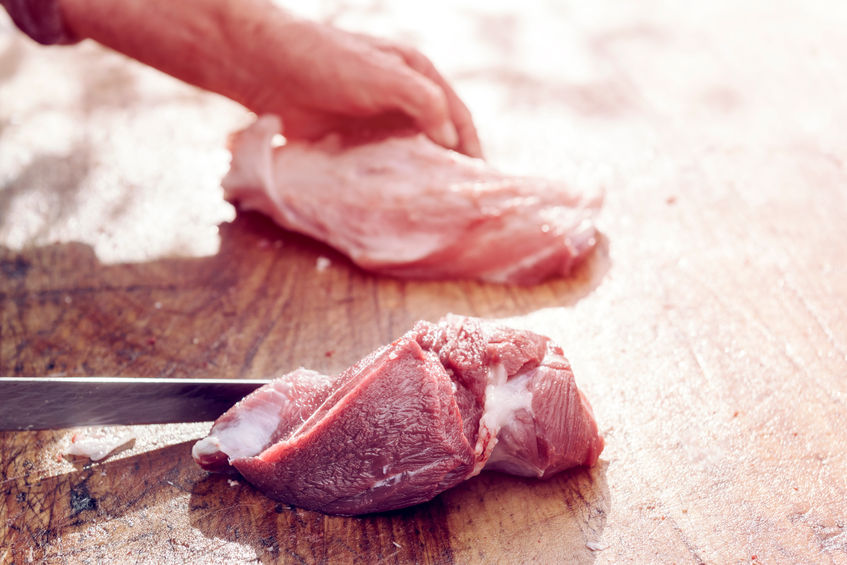
More than 6,000 people have passed new meat education modules in a bid to increase support for the beef and lamb supply chain.
At a time when organisations like the British Meat Processors’ Association (BMPA) and the NFU are highlighting a labour shortage, developing meat-handling skills in new and existing workers is seen as more important than ever.
Meat processing in the UK currently employs around 75,000 people of which approximately 69 per cent are EU nationals.
Of the 11,000 people who have started modules in the new Meat Education Programme, more than 10,000 are studying in English and 900 in Polish.
Since 2015, the award-winning programme has provided free online training for new and existing employees who work with meat.
Because of the popularity of the beef and lamb training, new pork modules will come on board in 2019.
“Since we started the MEP people thousands of people have used the training to develop their knowledge and support long-term careers working with meat,” said AHDB Programme Development Manager and Master Butcher, Dick Van Leeuwen.
“We know that the meat industry is facing challenges with access to skilled labour, so it’s important to run training which is free and easy to access, helping workers to be more productive across the beef and lamb supply chain.”
He added: “Major training providers are using the programme and we also see students sign up on their own initiative, to help further their careers.”
The online programme currently features 16 free theory and practical modules, to develop skills for anybody working within the meat industry.
Core online modules include: beef and lamb production and meat quality, identifying beef carcases for classification, understanding different cuts.
The programme also included three beef and lamb practical modules for learners to demonstrate their skills by cutting a carcase into primal cuts and producing retail and foodservice cuts.
